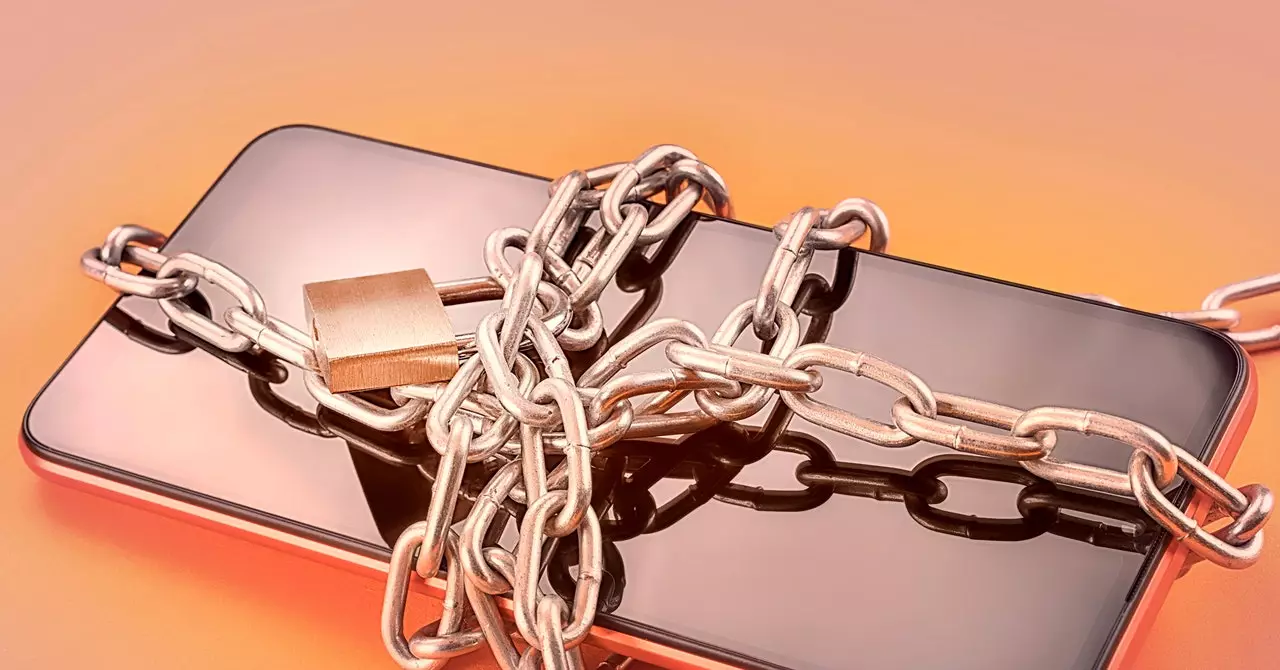The telecommunications industry is witnessing a critical juncture as the Federal Communications Commission (FCC) considers implementing a rule that would require mobile carriers to unlock devices within 60 days of activation. Prominent players in this field, specifically T-Mobile and AT&T, have vigorously opposed this move, arguing that such a regulation undermines the economic model that allows them to provide affordable devices to consumers. This article will delve into the complexities of the discussion surrounding handset locking policies, the implications for consumers, and the contrasting viewpoints of service providers and advocacy groups.
The concept of locking a smartphone to a specific carrier’s network may appear to be an inconvenience to customers, but it is a fundamental aspect of mobile service economics. Carriers employ locking mechanisms as a way to subsidize the cost of devices, which can be significantly higher in their unlocked form. By committing customers to a specific service plan for a predetermined duration, carriers can afford to sell high-end smartphones at lower prices. T-Mobile, in its filing with the FCC, emphasized that a uniform unlocking policy could potentially lead to a decrease in the financial support available for subsidized devices. They claim that without the ability to lock phones, the market could shift towards offering lower-quality devices, ultimately harming the consumer experience.
The disagreement over unlocking policies has engendered a classically polarized view: on one side, carriers like T-Mobile and AT&T, advocating for their business model; on the other, consumer advocacy groups, who argue that unlocking promotes competition and consumer empowerment. Consumer advocates assert that the proposed 60-day unlocking policy would allow users greater freedom and flexibility in selecting their service providers, thereby fostering a more competitive market landscape. This perspective is underscored by the belief that customers should rightfully possess the capacity to take their devices to other networks, especially after having purchased them.
Proponents of the rule cite increased consumer rights as crucial, emphasizing that the burgeoning mobile market should not entail relinquishing customer freedom to choose how they use their devices. The FCC has expressed a commitment to protecting such freedoms, with Chairwoman Jessica Rosenworcel declaring that customers ought to have the liberty to switch providers whenever they choose.
The Industry Response
T-Mobile’s argument that altering the unlocking period could lead to diminished subsidies is representative of a broader fear among providers: a threat to revenue models that underpin their business. The telecom giant has pointed out that the commission’s proposal, while well-intentioned, could lead to less favorable outcomes for consumers regarding device selection. The assertion from T-Mobile that they have recently increased their locking period reflects an ongoing strategy designed to maintain profitability under economic pressures.
In particular, T-Mobile points to its prepaid brand, Metro by T-Mobile, where the locking duration has escalated drastically from 180 days to 365 days as an indication that regulations adapt based on market conditions. Such policies, from their perspective, optimize the balance between customer acquisition costs and device affordability. T-Mobile maintains that their unlocking policies are straightforward and do not inflict tangible harm upon consumers.
Potential Consequences of Regulation
The potential implications of a mandated unlocking policy extend beyond mere device freedom. If service providers are forced to meet stringent unlocking criteria, they might tighten eligibility requirements for plan discounts or reduce the range of available devices altogether, a concern echoed by T-Mobile. This could inadvertently lead to a less diverse selection of handsets, compelling customers to opt for more budget-friendly, yet lower-quality, options.
The outcome of this regulation will likely resonate far beyond the carriers involved; it could redefine the relationship between service providers and consumers. While the debate rages on, it is clear that both sides have valid points to consider. On one hand, consumer autonomy in the marketplace needs to be protected; on the other, the unique economic frameworks established by carriers require careful consideration to ensure that device affordability persists in an evolving telecommunications landscape.
The discourse surrounding handset unlocking regulations is emblematic of the complexities faced within the telecommunications industry. As the FCC deliberates on this issue, balancing the interests of consumers against those of service providers will be crucial for harmonizing competition, consumer rights, and financial viability.

